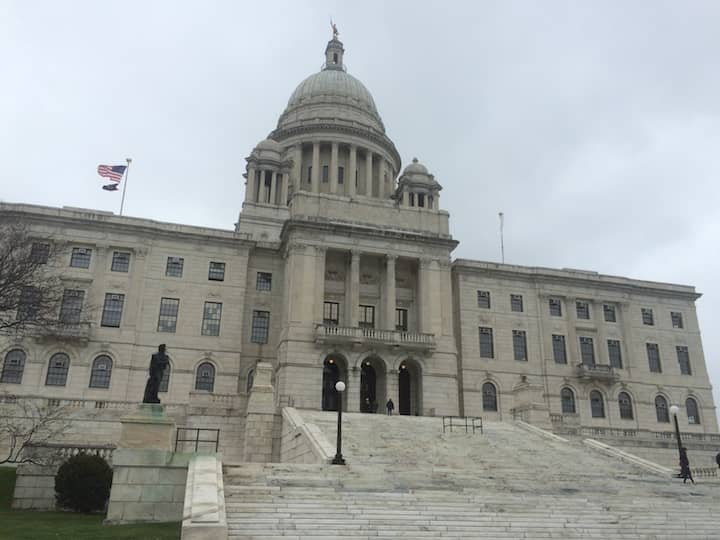

STATE HOUSE – The House of Representatives passed legislation sponsored by Rep. Arthur Handy phasing out sale of fluorescent lightbulbs with mercury late last week.
The legislation now goes to the Senate.
Fluorescent bulbs contain mercury, which is released when they are broken or when they are disposed of in landfills. While they were introduced as an energy-efficient step up from incandescent light bulbs, LEDs are significantly more efficient, much longer lasting, widely available, cost less to own and operate and do not contain mercury.
“Compact fluorescents are kind of the cassette tape or 8-track of light bulbs, except they are worse than just outdated – they come with a side of dangerous mercury,” said Representative Handy (D-Dist. 18, Cranston). “They can’t hold a candle to the efficiency of the LEDs that are available now. There’s no reason to subject ourselves and the environment to the risks of bulbs that contain mercury when such better alternatives are so easily available.”
Under the bill (2023-H 5550A), after Jan. 1, 2024, it would be illegal to sell most compact fluorescent lightbulbs in Rhode Island. A year later, the sale of pin-based and linear fluorescent bulbs would become illegal. The bill contains exceptions for many technical and specialty applications. It would not require anyone to dispose of or stop using any bulbs they already possess.
According to the Appliance Standards Awareness Project, by 2030, Rhode Island households and businesses would save $20 million annually on their utility bills from transitioning from common fluorescent bulbs to LEDs. By 2050, this would amount to $260 million in savings cumulatively.
Under the bill, by 2050, Rhode Island could avoid the release of 136,000 metric tons of carbon dioxide per year, the equivalent of 30,264 gasoline-powered passenger vehicles driven for one year. It could also avoid 35 pounds of mercury waste, enough to contaminate approximately 1.75 billion gallons of water.
Recycling rates for fluorescent bulbs are low, resulting in most being discarded in landfills, and eventually leaching mercury into the environment. Once it reaches water bodies, it bioaccumulates in marine animals. Mercury contamination in seafood is the leading cause of human mercury exposure.
This is a test
